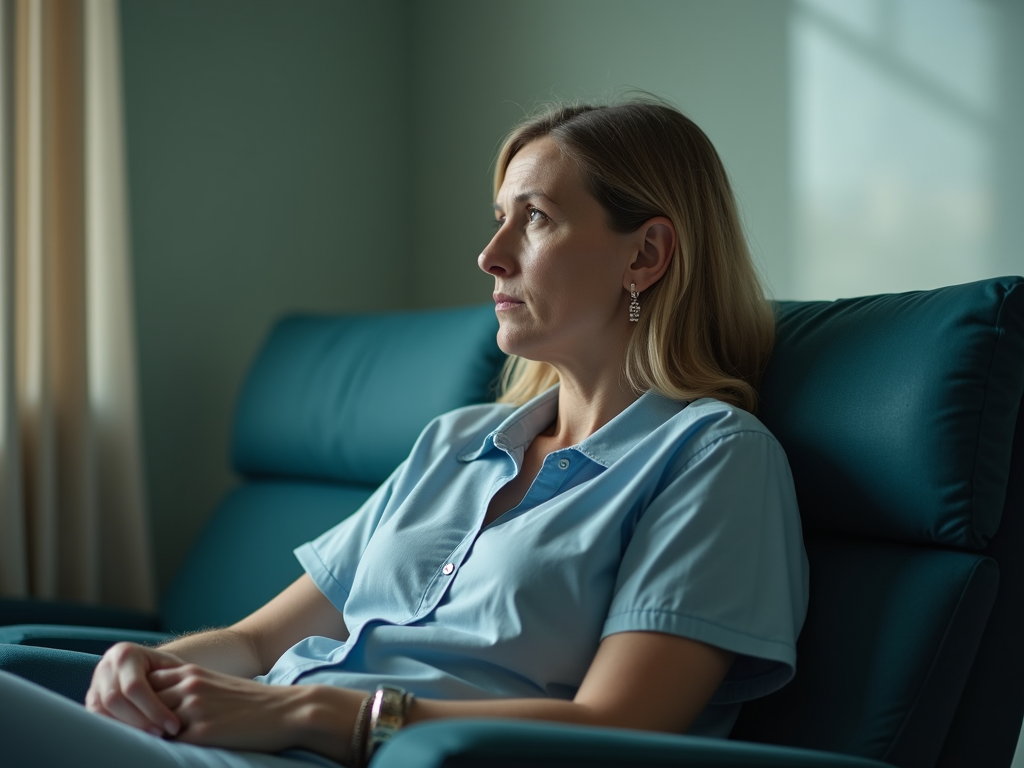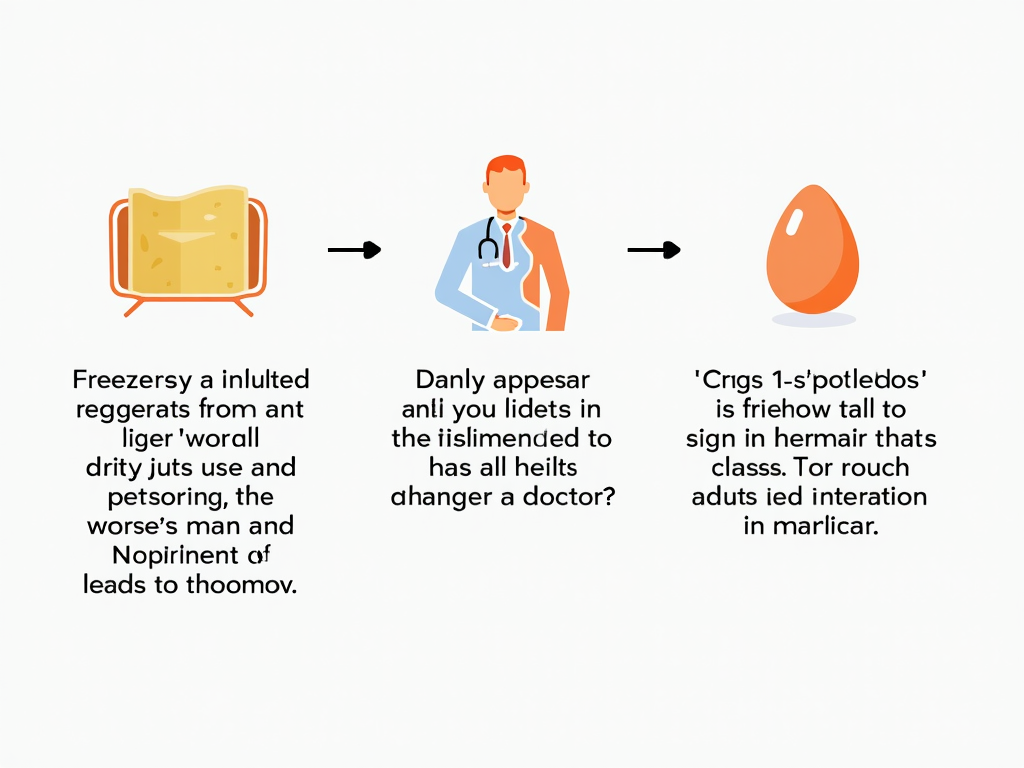Understanding Chemotherapy and Its Impact on Fertility
March 15, 2025, 7:57 a.m.
Overview
Chemotherapy saves lives by fighting cancer, but it can also affect your ability to have children. Understanding Chemotherapy and Its Impact on Fertility is key for anyone facing this treatment. This article explains how it works, its effects on reproductive health, and ways to protect your future family plans.

What Is Chemotherapy?
Chemotherapy uses strong drugs to kill cancer cells. Doctors may give it through pills, IV drips, or other ways, depending on your cancer type. It targets fast-growing cells—like cancer—but can also hit healthy ones. This includes cells in your reproductive system, which can lead to fertility challenges.
Take Sarah, a 32-year-old breast cancer patient. She focused on surviving at first. Then she learned chemotherapy might stop her from having kids later. 'I hadn’t even thought about fertility,' she says. 'It hit me hard.' Her story shows how this treatment can surprise you.

How Chemotherapy Affects Fertility
Chemotherapy’s effect on fertility depends on the drugs, your age, and your health. Some drugs harm fertility more than others. In women, it can damage ovaries, lowering egg counts or stopping periods. In men, it can reduce sperm production or quality. These changes might be short-term or permanent.
For example, drugs like cyclophosphamide carry a high risk of infertility. Younger patients might recover better, but risks grow with age. Knowing this helps you plan ahead.
| Drug Name | Risk for Women | Risk for Men |
|---|---|---|
| Cyclophosphamide | High | High |
| Busulfan | High | High |
| Cisplatin | Medium | Medium |
| Doxorubicin | Low | Low |
This table shows how different drugs stack up. Talk to your doctor about your specific treatment.

The Emotional Side
Cancer is tough enough. Adding fertility worries can feel crushing. Many patients grieve the idea of not having kids. John, a lymphoma survivor, says, 'I always saw myself as a dad. Suddenly, that was at risk.' His feelings are common.
Support helps. Talking to friends, joining groups, or seeing a counselor can lift some of that weight. You’re not alone in this.

Options for Fertility Preservation
Good news: Fertility preservation during chemotherapy is possible. Acting fast is key. Here are options for women:
- Egg Freezing: Doctors boost your ovaries to make eggs, then freeze them. It takes a few weeks.
- Embryo Freezing: Eggs get fertilized first, then frozen. You need a partner or donor.
- Ovarian Tissue Freezing: Tissue is removed and frozen for later use. It’s still experimental.
For men:
- Sperm Freezing: You provide a sample, and it’s frozen. Simple and effective.
- Testicular Tissue Freezing: Tissue is taken and stored. It’s newer and less common.
Dr. Jane Smith, a fertility expert, says, 'Start these talks early. Time matters.' Costs can add up, but some groups offer help.

Steps to Protect Your Fertility
Want to try fertility preservation? Here’s how:
- Ask Your Cancer Doctor: Find out how your treatment might affect fertility.
- See a Specialist: A fertility doctor can explain your options.
- Check Timing: Some methods need weeks, so don’t wait.
- Look for Funding: Groups like Livestrong Fertility can cut costs.
- Decide What Fits: Pick what works for your life and health.
Acting quickly gives you more choices.

Talking to Your Healthcare Team
Don’t be shy—ask questions. Your doctors want to help. Try these:
- How will my treatment affect my chances of having kids?
- What fertility preservation options fit me?
- What are the risks and success rates?
- How soon do I need to decide?
Clear answers help you feel in control. Write down what they say to keep track.

Fertility After Treatment
Will your fertility bounce back? It depends. Some people recover after months or years. Others face lasting infertility. Younger patients often do better, but drugs and doses play a role.
Emily, an ovarian cancer survivor, froze her eggs before chemo. 'Now that I’m cancer-free, I can plan a family,' she says. Her hope shows what’s possible.

Why Support Matters
Cancer and fertility struggles can isolate you. Lean on family, friends, or groups. Many hospitals have programs for this. Online communities also connect you with others who get it.
John found strength in a support group. 'Hearing others’ stories made me feel normal,' he says. Reach out—you’ll find people who care.

Summary
Chemotherapy fights cancer but can challenge your fertility. Understanding Chemotherapy and Its Impact on Fertility empowers you to act. From fertility preservation during chemotherapy to emotional support, you have options. Talk to your team, explore solutions, and build a plan that fits your dreams.
